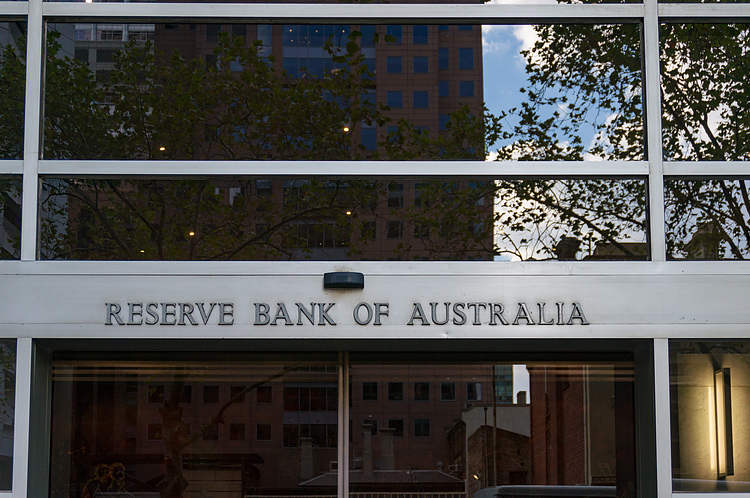The Reserve Bank of Australia (RBA) Deputy Governor Sarah Hunter recently highlighted that the central bank is committed to keeping inflation in check. Despite this, she noted that inflation continues to be a concern for the RBA. However, the RBA is not currently worried about inflation expectations becoming de-anchored, as they remain stable.
Inflation expectations are a vital component in the overall inflation outcome, and the RBA is constantly on the lookout for any signs of emerging risks in this area. While inflation has been more persistent than expected, the RBA is monitoring data closely for signs of sticky inflation and risks on both sides of the spectrum.
The RBA does not feel compelled to align its policies with other central banks, as Australia’s economic landscape is unique. There are both strengths and weaknesses in different sectors of the economy that the RBA is mindful of. Additionally, the central bank is keeping a close eye on overseas developments to learn valuable lessons for Australia.
Two key risks being examined by the RBA are tax cuts and energy rebates. The central bank is still waiting to see how the public responds to these measures before making any decisions. The RBA’s focus remains on aggregates, taking government spending as a given and analyzing its impact on the economy.
Overall, the RBA is cognizant of the challenges posed by inflation and is committed to keeping it under control. With inflation expectations stable for now, the central bank is keeping a watchful eye on potential risks and developments both domestically and abroad. By closely monitoring data and staying alert for emerging risks, the RBA aims to navigate any challenges that may arise in the economy.











